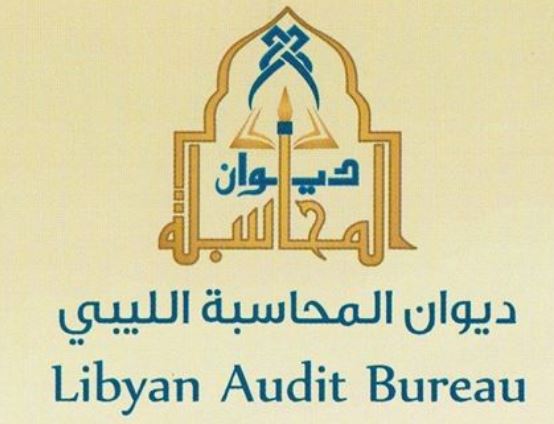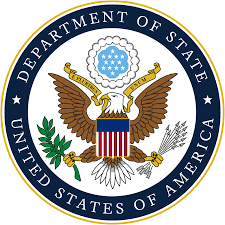The lack of a functioning centralised Libyan credit checking bureau is a big hindrance to Libyan banks issuing more loans to individuals and companies, participants agreed at the 4th Libyan Banking Sector Development Forum held in Tunis from 8-9 November.
Leading bankers at the event were criticised for being conservative or lazy in their credit policies. They were accused of contributing to Libya’s current economic stagnation.
The bankers also agreed that besides running an obligatory credit check on individuals, banks need collateral to protect their money. For banks to put a charge on property, Libya needs a functioning property registry. Libya’s registry has been closed since the 2011 revolution due to fears of corruption as a result of its weak interim governments.
Participants also pointed out that the urban planning department has not been functioning. As a result, many properties are built without planning permission or in wrong zones. There is a danger a future Libyan government could choose to knock such buildings down. Banks will, therefore, not lend to property with questionable ownership or without planning permission.
The banking forum agreed that unless the billions that Libyan banks hold in deposits are activated, the Libyan economy will not get out of its current state of stagflation. While participants agreed that Libya’s inflation was overwhelmingly imported as it imports over 80 percent of its products, they agreed that the country, unlike some neighbouring states, does not, at least in the short term, need an injection of external capital.
Libyan capital is available ‘’in tens of billions’’ in deposits in local banks, but banks are unable to reinvest these in the market as there are inadequate mechanisms to protect it. One banker reminded that his bank’s so-called money is actually its customers money. They are custodians of this money and have a duty of care over it, he reminded the forum.
In conclusion, the leading banks at the forum both from the private and state sector, agreed that a series of legislative and regulatory measures need to be undertaken by the Central Bank of Libya in order to enable them to release more credit facilities and thus activate the Libyan market and economy.










